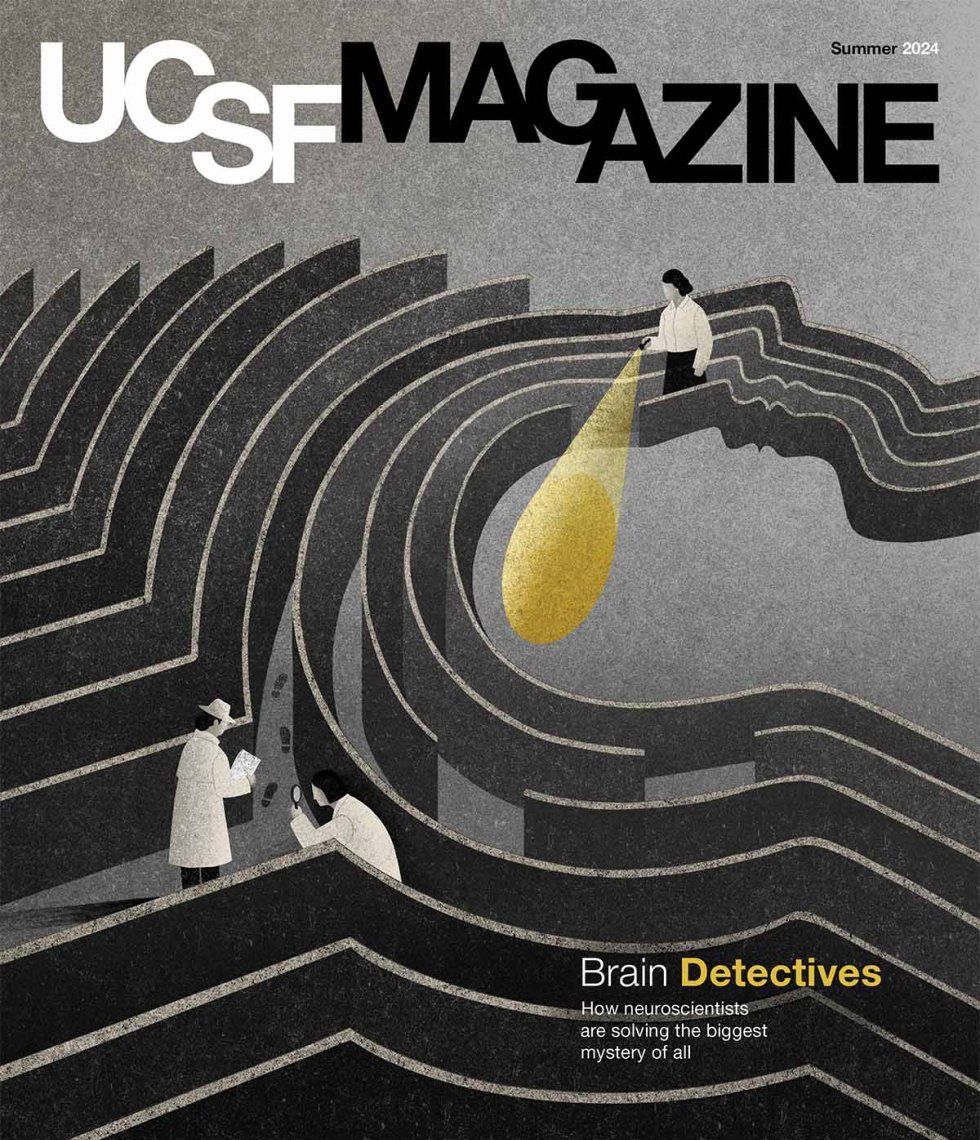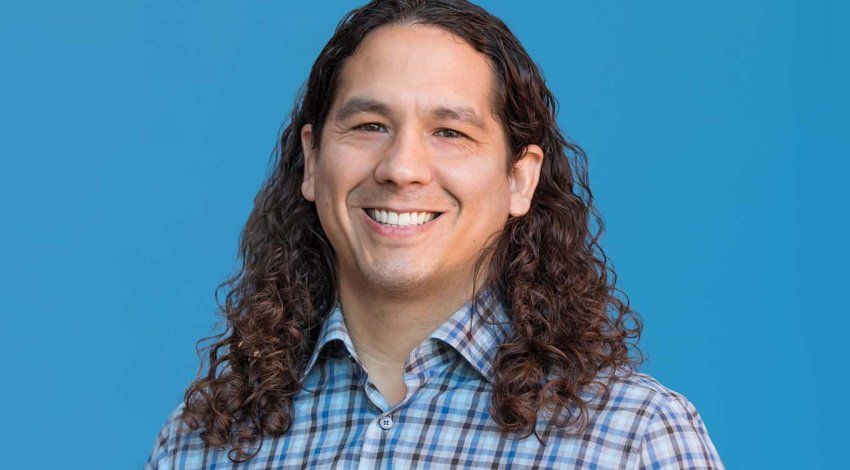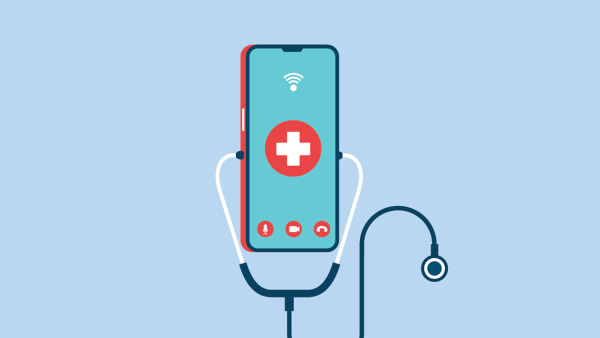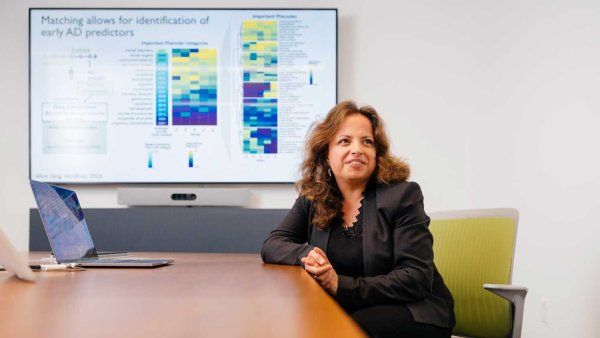
Five Questions for Sepideh Banava
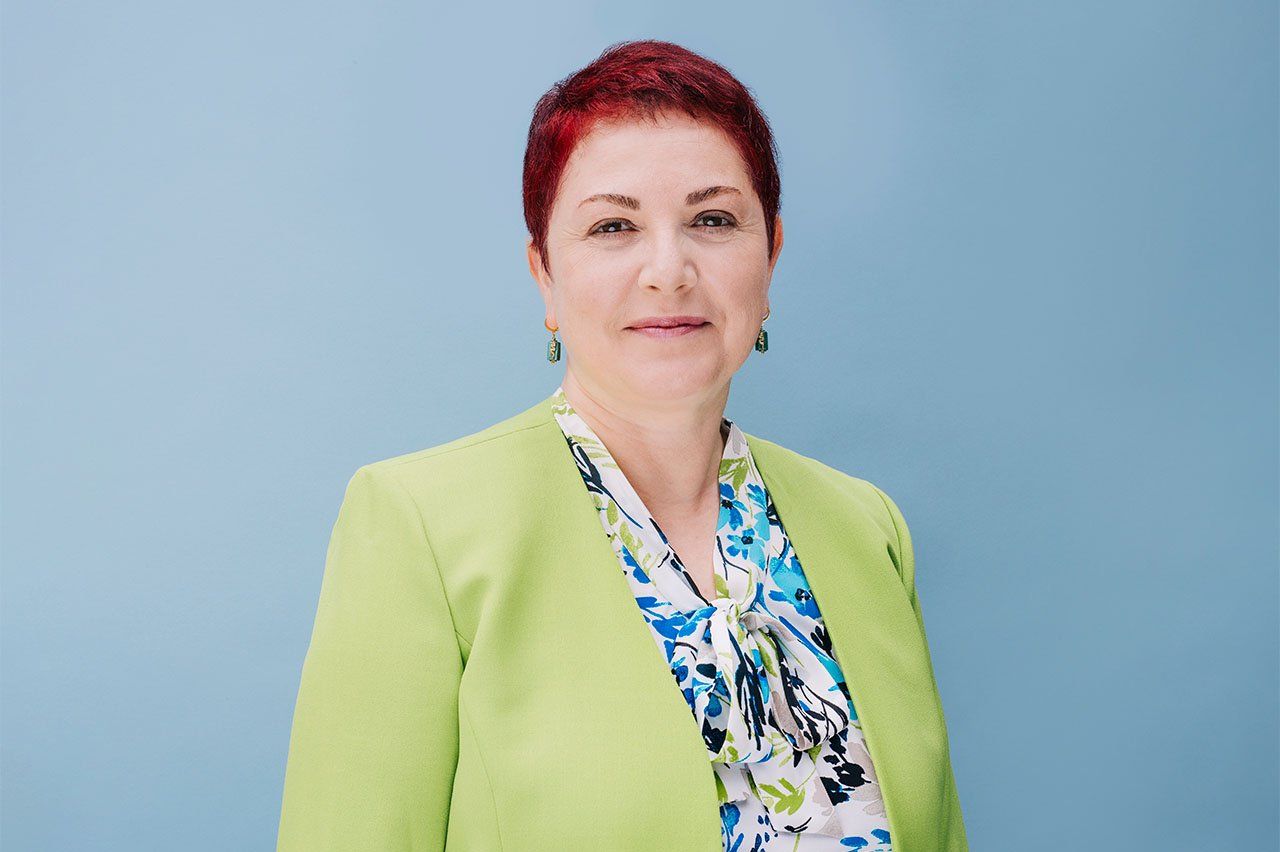
Sepideh Banava, DDS, MSc, MPH, MBA, is a dental public health specialist. She has been awarded a research grant to use artificial intelligence to develop a tool that will help dentists screen for intimate partner violence (IPV).
How is intimate partner violence related to dentistry?
An IPV survivor might visit a dentist with a bruised lip or fractured tooth but not tell their dentist how they got the injury. They may be afraid of their perpetrator or worried about stigma. Dentists should know IPV signs and symptoms, ask questions, and provide proper care. But they typically don’t.
Why not?
They often don’t have adequate training or time. They don’t know what to ask or may be uncomfortable asking sensitive questions. Dentists may also be unsure how to guide patients or what resources to offer.
How will your tool help dentists?
It will be a clinical decision support tool, a computer program, that streamlines the IPV screening process. It will raise red flags and show alerts based on information dentists enter in the patient’s chart – a fractured nose, for example. It will provide follow-up questions and a to-do list – call this organization, introduce the patient to a social worker, and so on – prompting dentists to provide better care.
What role does AI play?
UCSF has immense data-science resources, including access for researchers to millions of de-identified patient records. I’ll be trained to use AI tools like machine learning to develop the IPV screening tool. If a dentist enters patient symptoms like oral or facial injuries, the tool will help them detect or diagnose a possible IPV incident and provide support to prevent future IPV incidents. However, the dentist will make the final decision based on the system’s suggestions.
What’s your hope for patients?
I want to improve patient outcomes. If dentists don’t diagnose IPV on the first visit, a cascade of problems could follow – another violent incident; fear of seeking further dental care; and neglected oral health, such as untreated cavities and periodontal diseases. I want patients to get the care they need early on.

